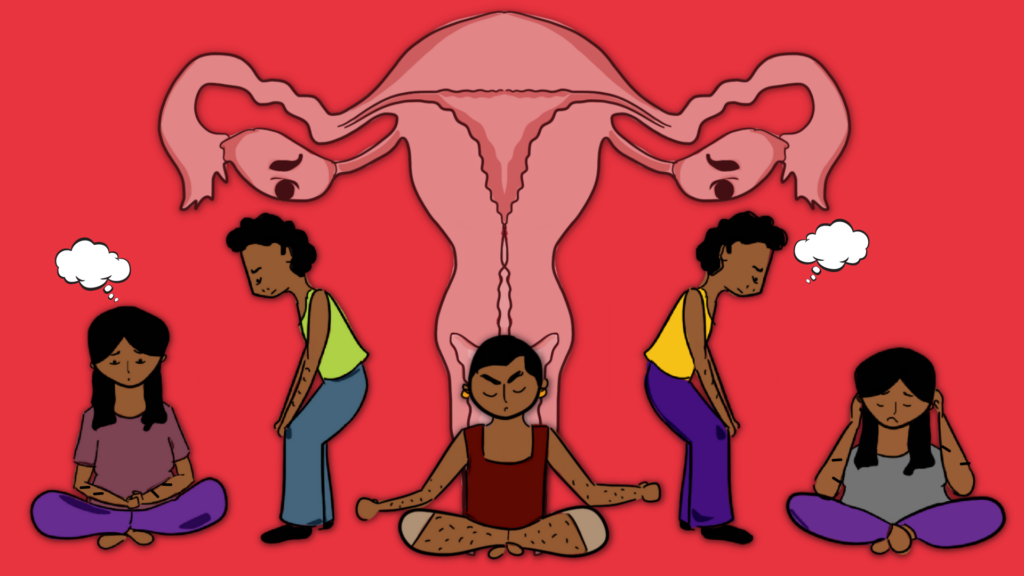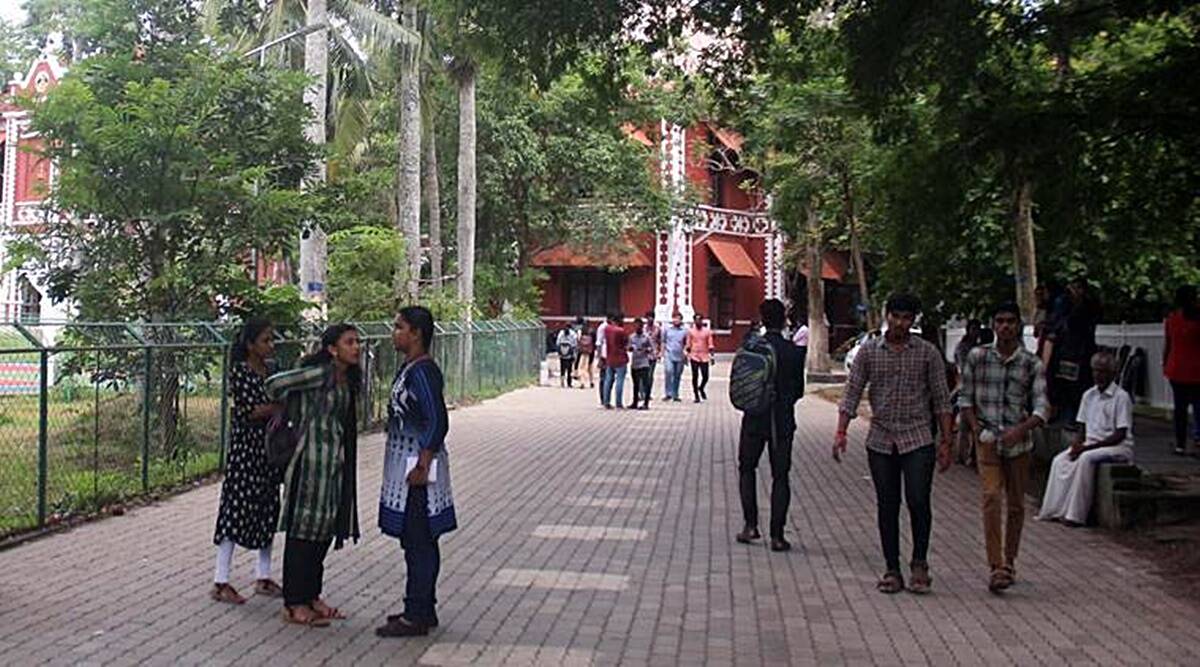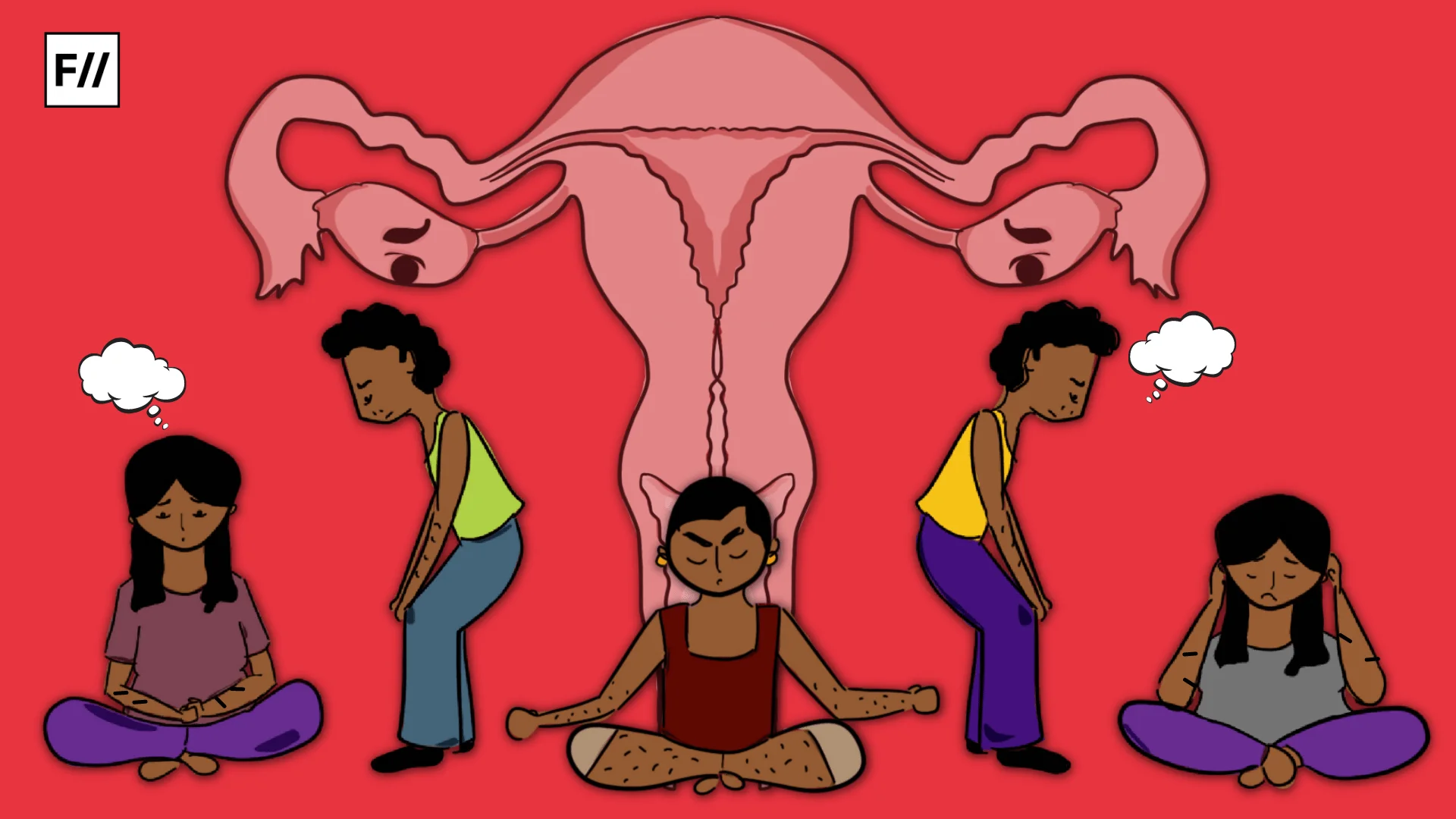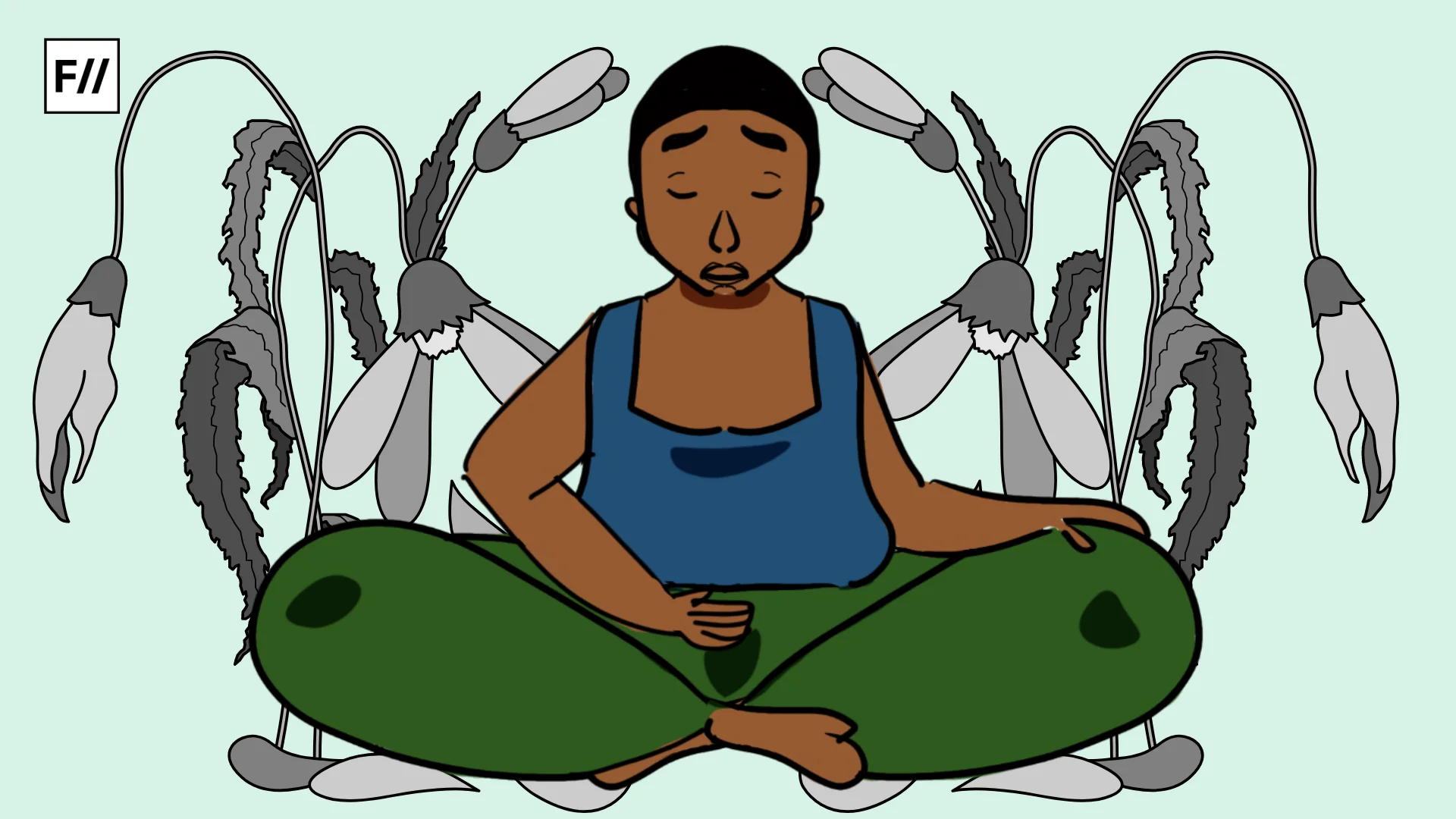On 19th January 2023, Pinarayi Vijayan, the Chief Minister of Kerala, posted on social media that the state will provide menstrual leave to female students in all state universities under the Department of Higher Education. This followed the Cochin University of Science and Technology’s (CUSAT)’s decision to provide all its female students with menstrual leave. Each female student is entitled to 2% of their overall attendance as a benefit, according to the directive.
Since the 2017 Menstruation Benefits Bill, the idea of taking a menstrual leave has been regarded as a “hush-hush” subject. Numerous start-ups and commercial businesses are providing paid period leave to their employees who are menstruating while the bill remains unpassed in Parliament.
“I aspire for a period room in my college. A room not for the sake of a label but one which walks the talk and provides necessary period essentials like pads, tablets, hot bags, clean washrooms etc. A place of comfort for one to run into when cramps hit hard and to feel at ease by taking a rest. The period impacts are different for all and for some of us, it’s just about some specific periods where we experience discomfort. We otherwise prefer to continue in the classes and carry out our work.”
Sini
Period leave opponents contend that it could be misused or that granting menstruators access to these leaves might discourage employers from hiring females. Additionally, others contend that such a policy poses a “threat” to gender equality because it may represent menstruators as “weak.” Even though there is currently a huge wave of support for this cause, with posters showing happy menstruators, society is still divided over the effect that menstrual leaves will have on long-standing taboos.

It is up to each person to voice the subjective-unique nature of their pain when their menstruation experiences are invalidated by their own co-workers or colleagues. According to estimates, 80% of women experience dysmenorrhea at some point in their life. Despite being natural, periods continue to be painful for the majority of women worldwide. The significant physical and psychological changes caused by premenstrual syndrome (PMS), as well as the emotional swings caused by hormonal changes during menstruation, are more than enough to justify the need for menstrual leave.
“In my experience, doctors also approach the topic of period cramps in a prejudiced manner. The doctor my friend saw for consultation regarding the unusual pain she was experiencing had condescendingly asked her how she would handle birthing pain if she couldn’t even handle this discomfort. I understand some gynaecologists do not treat the issue adequately until it affects the ability to conceive.”
Swati
The language used in framing such policies frequently excludes people who identify as non-binary. Every time the discussion centres on the alleged disparities between “men’s” and “women’s” lived experiences, there is a glaring disdain for the considerably more difficult fight of all women, non-binary, queer individuals who menstruate to defend their rights without feeling guilty or judged. In fact, the current provision remains limited to cisgender.
At times, the issue remains unresolved in the medical community as well. Swati, a student, said in a conversation with FII, “in my experience, doctors also approach the topic of period cramps in a prejudiced manner. The doctor my friend saw for consultation regarding the unusual pain she was experiencing had condescendingly asked her how she would handle birthing pain if she couldn’t even handle this discomfort. I understand some gynaecologists do not treat the issue adequately until it affects the ability to conceive. Aside from those, I’ve found it very difficult to engage in meaningful discussion with many elders since they associate the agony and significant blood loss with my physical makeup.“
Some of the working professionals and students discuss how long their endometriosis went untreated due to experiences of invalidation from menstruators who were relatively older. Sini said to FII, “I aspire for a period room in my college. A room not for the sake of a label but one which walks the talk and provides necessary period essentials like pads, tablets, hot bags, clean washrooms etc. A place of comfort for one to run into when cramps hit hard and to feel at ease by taking a rest. The period impacts are different for all and for some of us, it’s just about some specific periods where we experience discomfort. We otherwise prefer to continue in the classes and carry out our work.”

Some critics draw attention to the policy’s exclusion of schools, while others draw attention to the strict attendance percentage requirements in most colleges contrary to schools. Many universities, unlike many schools, have an internal marking system that adds up the proportion of attendance, which further confirms the inequity for menstruators. Sandra Laxmi, a writer and student mentions that “When people’s wokeness asks about the possibility of misuse of the policy, one should dare to ask this to the menstruators who continue to bear the brunt of existing policies and think of a class missed on a day. Neither the government nor the college would owe it to them.”
“They would drag themselves with all their might and enter classes for the sake of ‘attendance’, adding more strain and discomfort mentally and physically. For the working class menstruators, the concern shifts to the loss of pay and work deadlines,” says Sandra to FII.
Also read: Why We Need A Menstrual Leave Policy In India?
Some menstruators claim that they don’t typically take leaves during their periods to make up for time off for therapy and wellness. Depression and anxiety can be debilitating, and pushing oneself too hard can only ensure one’s physical presence in the classroom. It ought to be counterproductive and unhealthy. Despite discussions and efforts highlighting the significance of mental health, there still seems to be a stigma attached to it when used as an excuse for absence. Varied universities take different stances on this issue, and often autonomous institutions typically enact strict regulations.
“I don’t think focussing on menstrual leave is the right thing because we are again policing why and when students are allowed to take leaves. As someone who continues to live with chronic illnesses, I needed special arrangements to meet the attendance requirements for my undergraduate degree, and I pushed myself to meet those requirements in a way that further adversely affected my health.”
Afrin
As the issue tends to revolve around the matter of attendance, Afrin, an Oxford alumnus pursuing her second Masters at JNU states “I don’t believe that menstrual leave is the right approach for university spaces. Rather, I would advocate for removing attendance requirements in universities altogether. If students only come to classes for the sake of attendance, then that’s a sign that professors need to do better. Attendance requirements make it difficult for disabled students, including those who live with chronic illnesses, who might have unforeseeable flare-ups, frequent hospital visits, etc. The vast majority of top universities in the world do not have attendance requirements. Students attend classes to learn rather than to meet an attendance quota. Rather than attendance requirements, there should be mandated requirements for assignments or exams, as the standard, allowing for flexibility for disabled students, students with caregiving responsibilities, etc.”

“I don’t think focussing on menstrual leave is the right thing because we are again policing why and when students are allowed to take leaves. As someone who continues to live with chronic illnesses, I needed special arrangements to meet the attendance requirements for my undergraduate degree, and I pushed myself to meet those requirements in a way that further adversely affected my health. Conversely, I did my master’s degree at a university without attendance requirements and that gave me a lot of flexibility over my hours. The fact that I could rest when my health required it of me helped me be a better student and be more engaged in my classes. I am currently doing a second master’s degree in a university that also doesn’t have attendance requirements, which helps me thrive in the academic space in a way that I could not when I was worsening my health by pushing myself to attend classes when I needed to rest or go to the hospital. There should be similar measures for people at work. One that accommodates disabled people, people with chronic illnesses, pain, and mental illnesses,” adds Afrin in a conversation with FII.
However, the open talk around menstruation remains relevant in a nation that still harbours various places that bar menstruators for the sake of ‘preserving purity’. The advocacy for menstrual leaves is a political statement carved out in a path of assertions and rights. The way forward is to move beyond the scope of considering menstrual leaves as the ultimate solution and to focus more on building a menstrual-friendly state. An attitude that advocates for effective awareness, access to hygiene, and availability of menstrual products. It’s important to go beyond the framework of the existing system and build a more inclusive environment that acknowledges the many different faces of oppression and injustice.
Also read: Paid Menstrual Leaves: Why Upper-Caste Leaders Ignore Lalu Prasad Yadav’s 1992 Policy
The new period policies could also be an indication of the genuine intentions on behalf of student bodies and authorities, the spirit of which could be used to create safe spaces that harbour individuals to learn and work efficiently.
About the author(s)
Fathima Althaf is a student of Development Studies at TISS Mumbai. She considers herself a product of many communities she has been part of, ranging from technical organisations to non-profits





